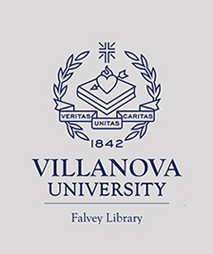Wang Dongyue’s Weakening Compensation An Asian Approach for Big History
##plugins.themes.bihistory.article.main##
Abstract
In this article, I introduce a theory of Chinese philosopher, 王东岳/ Wang Dongyue, and discuss the implications of it, reflecting on its possibilities for Asian Big History and as an alternative or complementary way of constructing grand theories of Big History. I believe Wang’s theory of weakening-compensation liberates us big-historians from a stereotypical understanding of our field. It enables us to acquire diversified perspectives on Big History and helps us overcome some serious problems that mainstream Big History faces.
##plugins.themes.bighistory.article.details##
Section
Articles

This work is licensed under a Creative Commons Attribution 4.0 International License.
Authors who publish with this journal agree to the following terms:- Authors retain copyright and grant the journal right of first publication with the work simultaneously licensed under a Creative Commons Attribution License that allows others to share the work with an acknowledgement of the work's authorship and initial publication in this journal.
- Authors are able to enter into separate, additional contractual arrangements for the non-exclusive distribution of the journal's published version of the work (e.g., post it to an institutional repository or publish it in a book), with an acknowledgement of its initial publication in this journal.
- Authors are permitted and encouraged to post their work online (e.g., in institutional repositories or on their website) prior to and during the submission process, as it can lead to productive exchanges, as well as earlier and greater citation of published work (See The Effect of Open Access).



